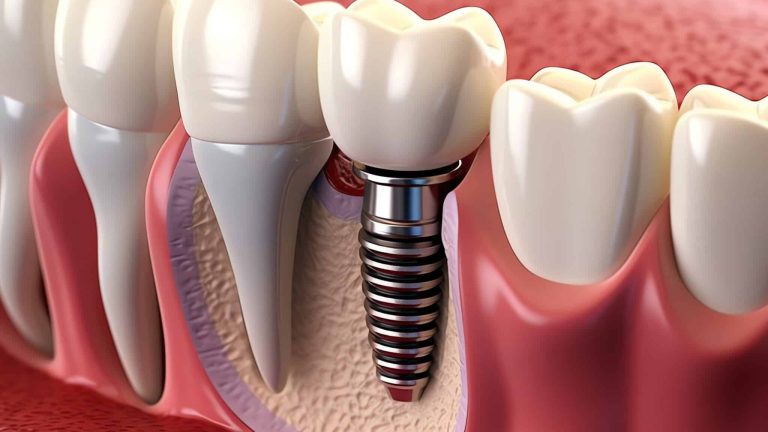Stress is a natural response of the body to challenges or situations we perceive as threatening. However, when stress and anxiety become chronic, they can have negative impacts not only on our mental and physical health but also on our oral health. The relationship between stress and dental health is close, though often ignored. During difficult times, the mouth can be one of the first areas where the effects of stress manifest, from bruxism to gum problems.
This article explores how stress affects our oral health, the most common symptoms that can develop, and, most importantly, what strategies you can implement to protect your mouth during these challenging times. With the right tools and timely dental care, it is possible to maintain a healthy and bright smile, even when life gets tough.
The Impact of Stress on Oral Health
While many people associate stress with issues like insomnia, fatigue, and headaches, few are aware of how it can affect the mouth and teeth. Below, we detail some of the most common problems:
1. Bruxism (Teeth Grinding or Clenching)
Bruxism, or teeth grinding, is one of the most common problems derived from stress. It mainly occurs at night when people are unaware they are involuntarily clenching their teeth. However, it can also happen during the day in moments of tension.
- Consequences of bruxism:
- Premature wear of tooth enamel.
- Jaw pain, especially in the temporomandibular joint (TMJ), which can lead to mobility problems in the jaw.
- Frequent headaches, especially upon waking.
- Tooth sensitivity due to tooth wear.
- Increased risk of tooth fractures or displacement.
Once bruxism is established, it can be difficult to reverse without professional intervention, so it is essential to be aware of early signs and seek treatment.
2. Periodontal Disease (Swollen and Bleeding Gums)
Stress not only affects how we chew or clench our teeth, but it can also alter our immune system. When the body is under constant stress, its ability to fight infections is compromised, which can make gums more prone to swelling and bleeding.
- Symptoms to watch for:
- Gums that bleed when brushing or flossing.
- Redness and swelling around the teeth.
- Pain or sensitivity in the gums.
If left untreated, gum inflammation can progress to periodontal disease, a serious infection that can result in tooth loss.
3. Xerostomia (Dry Mouth)
Stress and anxiety can also affect the salivary glands, reducing saliva production and causing a condition known as xerostomia or dry mouth. Saliva plays a crucial role in protecting the teeth by helping neutralize acids produced by bacteria and aiding in the removal of food particles.
- Problems associated with dry mouth:
- Increased risk of cavities due to lack of saliva to neutralize acids.
- Difficulty chewing, swallowing, and speaking.
- Bad breath, as saliva also helps control bacteria that cause bad odor.
- Oral infections, such as candidiasis.
Dry mouth may seem like a minor issue at first, but over time it can significantly impact oral health.
4. Mouth Ulcers and Sores
Mouth ulcers or sores are small, painful lesions that often appear in the mouth during times of stress. Although the exact causes are not fully understood, stress is linked to the occurrence of these lesions in many people.
- Symptoms and consequences:
- Localized pain in the mouth, especially when eating or speaking.
- Difficulty enjoying food or drinks due to irritation.
- Sensitivity around the ulcers.
Although ulcers usually heal on their own, the pain they cause can affect the quality of life during their duration. Proper treatment can help speed up the healing process and reduce discomfort.
5. Unconscious Habits: Nail Biting and Chewing Objects
During stressful times, many people develop unconscious habits that can affect their teeth, such as nail biting or chewing on objects like pens. These habits can cause damage to tooth enamel, increase the risk of gum infections, and cause jaw pain.
Strategies to Protect Your Oral Health in Times of Stress
Fortunately, there are several strategies you can implement to minimize the effects of stress on your mouth. From changes to your daily routine to visits to your dentist, taking care of your dental health during stressful periods doesn’t have to be complicated.
1. Night Guards for Bruxism
If you suffer from bruxism, one of the most effective solutions is to use a night guard. These guards, custom-made by your dentist, help protect your teeth from wear and reduce pressure on the jaw.
- Benefits:
- Reduction of tooth wear.
- Relief from jaw pain and headaches associated with bruxism.
- Prevention of long-term damage to the temporomandibular joint (TMJ).
It is essential that these guards are custom-made by a professional, as over-the-counter options may not fit properly and, in some cases, aggravate the problem.
2. Maintain a Consistent Oral Hygiene Routine
Stress can lead us to neglect our dental care routine. However, it is during these times that we must take extra care of our mouths. Here are some key points to maintain an effective oral hygiene routine:
- Proper brushing: Brush your teeth at least twice a day using fluoride toothpaste. Pay special attention to areas near the gums and use a soft-bristled brush to avoid irritating inflamed gums.
- Flossing: Flossing once a day is essential to remove plaque and food debris that accumulate between the teeth. This is especially important if you have inflamed gums.
- Appropriate mouthwash: An antiseptic mouthwash can help reduce bacteria in the mouth and prevent infections, especially if your gums are vulnerable due to stress.
3. Diet Control: Reducing Sugar and Caffeine
In times of stress, it’s common to turn to foods and drinks like sweets, sodas, and coffee to get through the day. However, these products can worsen dental health.
- Sugar: Sugar feeds the bacteria that cause cavities, increasing the risk of dental problems.
- Caffeine: Coffee and other caffeinated drinks can worsen dry mouth, making your teeth more vulnerable to cavities.
Opt for foods rich in calcium and vitamins that strengthen your teeth, such as dairy products, leafy green vegetables, and nuts. It’s also important to drink enough water to maintain good hydration and promote saliva production.
4. Relaxation Techniques and Stress Management
Managing stress not only benefits your mental well-being but also protects your dental health. There are many relaxation techniques you can incorporate into your daily routine:
- Meditation and deep breathing: Taking a few minutes each day to practice meditation or deep breathing can help reduce muscle and mental tension.
- Regular exercise: Physical activity is an excellent way to release accumulated tension and improve your mood.
- Healthy sleep routines: A good night’s rest is essential to reduce nighttime bruxism and improve your overall well-being. Try to maintain a regular sleep routine and avoid caffeine in the hours leading up to bedtime.
5. Regular Dental Visits
It’s essential not to skip dental visits, especially during times of stress. A professional can detect any stress-related dental issues early and offer appropriate treatments. For example, they may recommend a night guard, treatments for inflamed gums, or specific mouthwashes to prevent infections.
Conclusion: Protect Your Smile Even in Times of Stress
Stress is inevitable in life, but it doesn’t have to damage your dental health. With a good oral care routine, stress management techniques, and the support of your dentist, you can keep your smile healthy and strong even during the most challenging times.
At Clínicas La Guardia, we are committed to the comprehensive care of your oral health. If you are going through a stressful period and notice any changes in your mouth, don’t hesitate to contact us. We are here to help you keep your smile in its best condition!



